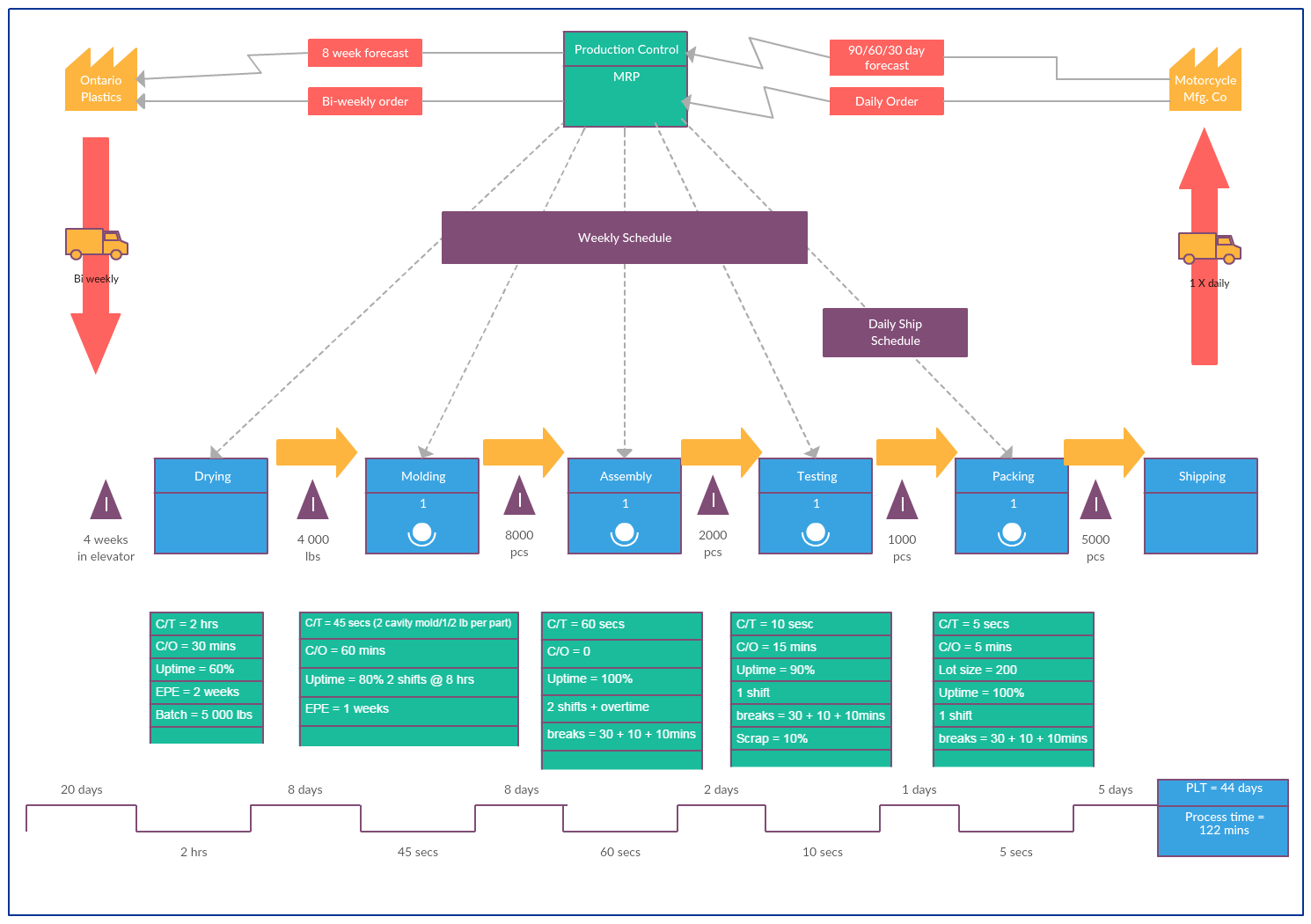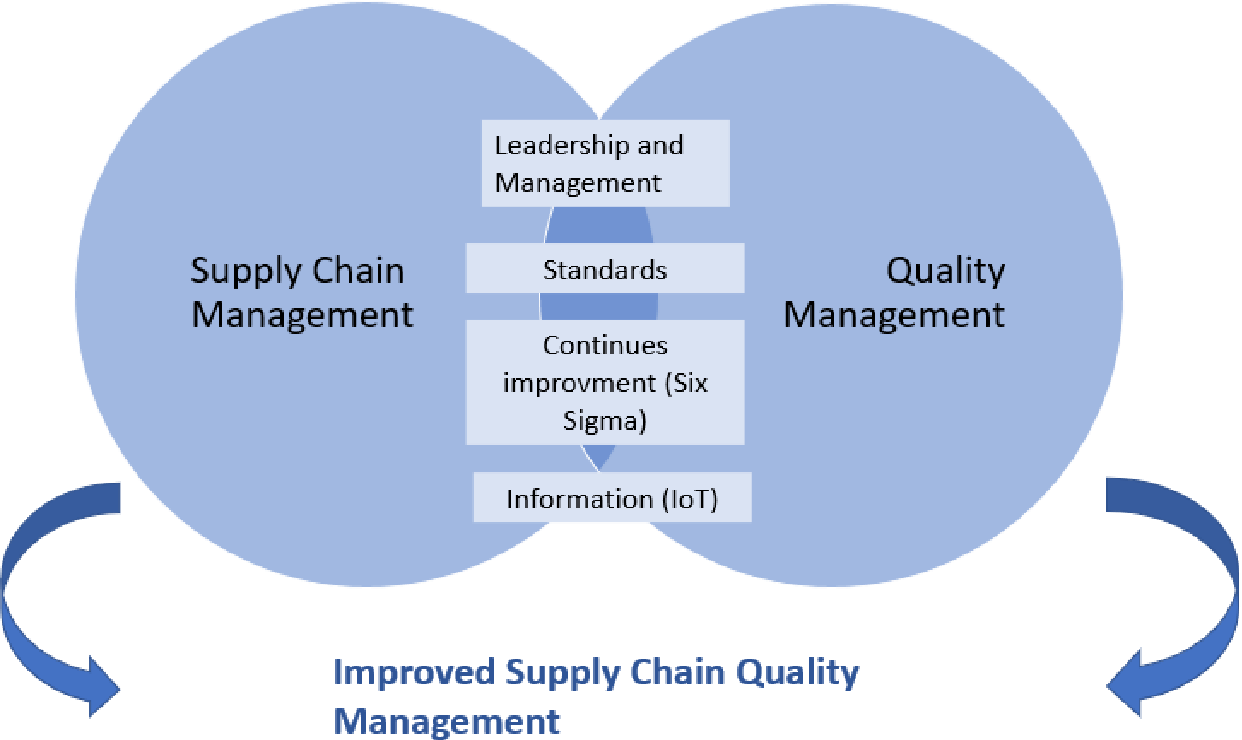
An industrial engineer's job description is to design and implement processes that eliminate wastefulness and optimize resource utilization. These engineers work in various industries to design processes that benefit their companies in a variety of ways. They review production schedules, design specifications and workflows in order to make the company's processes more efficient. Additionally, industrial engineers help to improve the profitability of production processes. They also help in improving the overall quality of products and services.
Industrial engineers need to be employed
A key role for an industrial engineer is to use innovative design systems and streamline production processes in order to provide streamlined operations for natural and organic food industry. This person develops meticulous solutions to meet the needs of internal customers and leads dynamic projects to improve the manufacturing process. You must be able perform all the necessary tasks satisfactorily to qualify for this job. An industrial engineer must be proficient in AutoCAD and Pro-E. They must also be well-versed in advanced product quality planning, as well as the approval process for production parts.

Industrial Engineers work on optimizing efficiency through the design and testing of integrated systems. Aside from this, the job also involves studying human work factors to maximize product quality and efficiency. Other responsibilities include guest coordination and cost analysis. The person must also be skilled in advanced technical skills, such Microsoft Office. It is necessary to have experience in manufacturing, logistics and systems design. The technical skills you need to excel in Orlando are essential.
Salary for industrial engineer
Consider the salary range for Industrial & Manufacturing Engineers in Orlando, FL. Orlando has a $80,325 average annual salary, making it one of the most desirable places to live. This is 6% below the national average and 9% lower than the average salary in New York, NY. Orlando's average salary is $64,260 to $86,390. The middle 67% make $85,000 per year, while the top ten earn $102,000.
Industrial engineers in Orlando have salaries that range from $89 700 USD to $114 300 USD. Like any career, industrial engineers have different salaries. The salary figures listed above are based on the average salary for an Industrial Engineer with five to ten years of experience. With more experience, you can expect to make twice as much than those with less. But, pay scales can vary between industrial engineers.
Industrial engineer responsibilities
In this position, you will be responsible for determining the most effective process design and implementation strategies to improve processes. It is your responsibility to develop and implement flexible, efficient and effective processes that meet customer requirements and goals. You will be responsible for a wide range of tasks including process improvement, capacity planning and reporting. The Industrial Engineer will also need to assist with cross-functional improvement efforts by carrying out observations and time studies.

This job requires you to have excellent communication skills and experience as an engineer, as well a solid understanding of statistical analysis. Managers will be closely involved in the development of design standards for industrial engineers and leading moderately difficult projects. They will use data analysis to create statistical reports that can improve process flow, time and quality. They will coordinate key studies, produce key metric reports, and process documentation.
FAQ
What does it take to run a logistics business?
You need to have a lot of knowledge and skills to manage a successful logistic business. Effective communication skills are necessary to work with suppliers and clients. You must be able analyze data and draw out conclusions. You need to be able work under pressure and manage stressful situations. You need to be innovative and creative to come up with new ways to increase efficiency. To motivate and guide your team towards reaching organizational goals, you must have strong leadership skills.
It is important to be organized and efficient in order to meet tight deadlines.
What are the jobs in logistics?
There are many kinds of jobs available within logistics. Here are some:
-
Warehouse workers: They load and unload trucks, pallets, and other cargo.
-
Transportation drivers: They drive trucks and trailers and deliver goods and make pick-ups.
-
Freight handlers are people who sort and pack freight into warehouses.
-
Inventory managers - These are responsible for overseeing the stock of goods in warehouses.
-
Sales reps are people who sell products to customers.
-
Logistics coordinators: They plan and manage logistics operations.
-
Purchasing agents are those who purchase goods and services for the company.
-
Customer service representatives - Answer calls and email from customers.
-
Ship clerks - They issue bills and process shipping orders.
-
Order fillers - These people fill orders based on what has been ordered.
-
Quality control inspectors are responsible for inspecting incoming and outgoing products looking for defects.
-
Others – There are many other types available in logistics. They include transport supervisors, cargo specialists and others.
What is the role of a logistics manager
Logistics managers ensure that goods arrive on time and are unharmed. This is done by using his/her experience and knowledge of the company's products. He/she must also ensure sufficient stock to meet the demand.
What is the difference between manufacturing and logistics
Manufacturing is the process of creating goods from raw materials by using machines and processes. Logistics manages all aspects of the supply chain, including procurement, production planning and distribution, inventory control, transportation, customer service, and transport. Logistics and manufacturing are often referred to as one thing. It encompasses both the creation of products and their delivery to customers.
Why automate your factory?
Modern warehousing has seen automation take center stage. E-commerce has brought increased demand for more efficient and quicker delivery times.
Warehouses should be able adapt quickly to new needs. Technology is essential for warehouses to be able to adapt quickly to changing needs. Automation warehouses can bring many benefits. These are some of the benefits that automation can bring to warehouses:
-
Increases throughput/productivity
-
Reduces errors
-
Improves accuracy
-
Safety increases
-
Eliminates bottlenecks
-
Companies can scale more easily
-
Makes workers more efficient
-
Gives you visibility into all that is happening in your warehouse
-
Enhances customer experience
-
Improves employee satisfaction
-
Minimizes downtime and increases uptime
-
High quality products delivered on-time
-
Eliminates human error
-
It helps ensure compliance with regulations
What is the importance of logistics in manufacturing?
Logistics are essential to any business. Logistics can help you achieve amazing results by helping to manage product flow from raw materials to finished products.
Logistics are also important in reducing costs and improving efficiency.
Statistics
- In 2021, an estimated 12.1 million Americans work in the manufacturing sector.6 (investopedia.com)
- You can multiply the result by 100 to get the total percent of monthly overhead. (investopedia.com)
- [54][55] These are the top 50 countries by the total value of manufacturing output in US dollars for its noted year according to World Bank.[56] (en.wikipedia.org)
- According to a Statista study, U.S. businesses spent $1.63 trillion on logistics in 2019, moving goods from origin to end user through various supply chain network segments. (netsuite.com)
- In the United States, for example, manufacturing makes up 15% of the economic output. (twi-global.com)
External Links
How To
How to use 5S to increase Productivity in Manufacturing
5S stands for "Sort", "Set In Order", "Standardize", "Separate" and "Store". Toyota Motor Corporation developed the 5S method in 1954. It helps companies achieve higher levels of efficiency by improving their work environment.
The basic idea behind this method is to standardize production processes, so they become repeatable, measurable, and predictable. Cleaning, sorting and packing are all done daily. This knowledge allows workers to be more efficient in their work because they are aware of what to expect.
There are five steps that you need to follow in order to implement 5S. Each step involves a different action which leads to increased efficiency. By sorting, for example, you make it easy to find the items later. When you arrange items, you place them together. You then organize your inventory in groups. Make sure everything is correctly labeled when you label your containers.
Employees will need to be more critical about their work. Employees should understand why they do the tasks they do, and then decide if there are better ways to accomplish them. To implement the 5S system, employees must acquire new skills and techniques.
The 5S Method not only improves efficiency, but it also helps employees to be more productive and happier. As they begin to see improvements, they feel motivated to continue working towards the goal of achieving higher levels of efficiency.